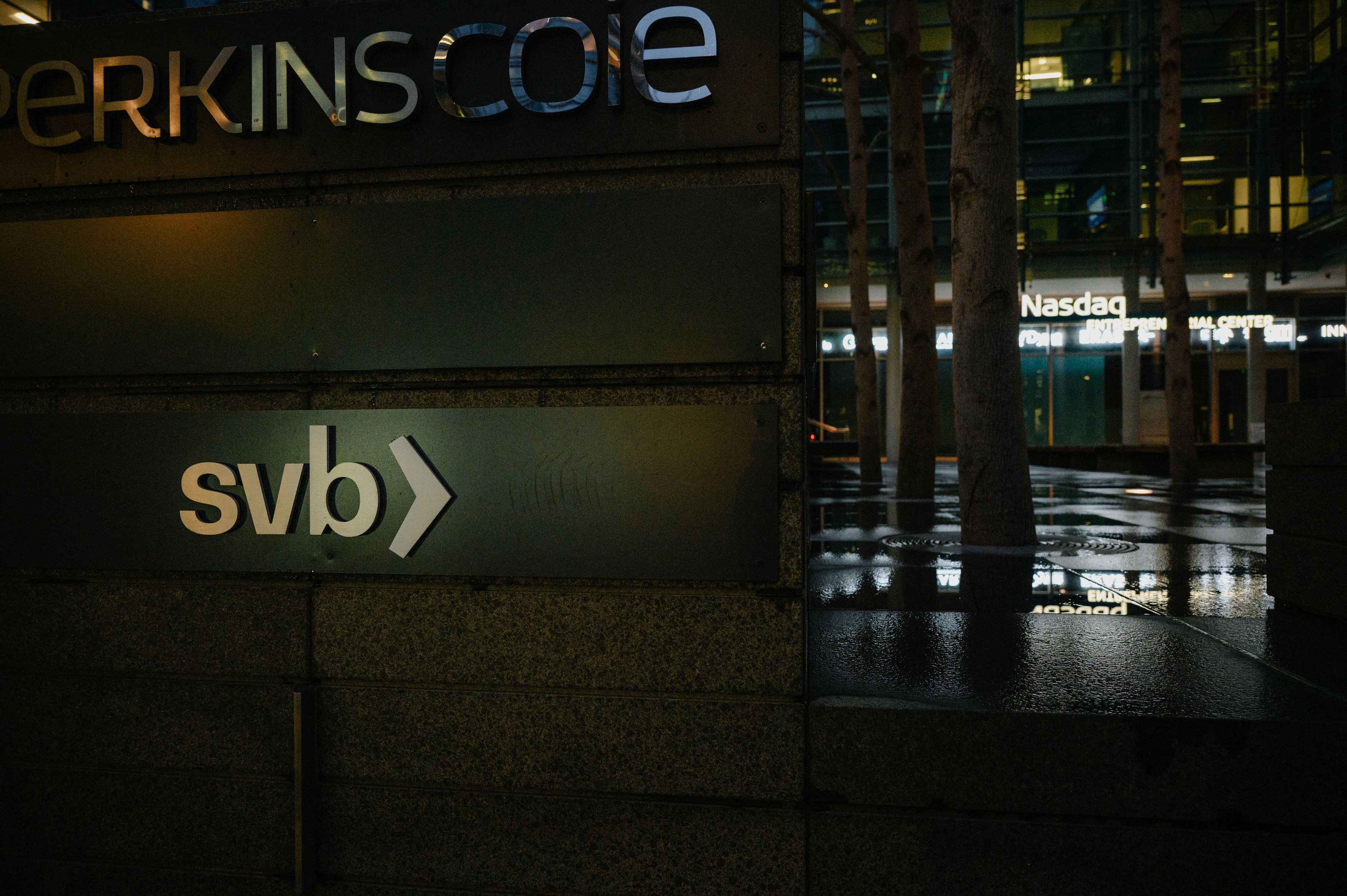NEW YORK: The situation facing regional lender New York Community Bank seems to be getting worse as the anniversary of the financial crisis of the previous year approaches.
The ailing lender’s shares fell 25% on Friday to less than $4 a share after NYCB officially changed its CEO, restated previous quarterly results down by $2.4 billion, and postponed the presentation of an important annual report.

The most concerning development, however, is directly related to investors’ concerns over commercial real estate and deficiencies the bank disclosed in a crucial area of its operations: NYCB said that inadequate supervision resulted in “material weaknesses” in the manner in which it examined its loan portfolio.
In a research note published on Thursday, Raymond James analyst Steve Moss described the revelation as a “significant concern that suggests credit costs could be higher for an extended period of time.” “The disclosures heighten our apprehension regarding NYCB’s interest-only multi-family portfolio, which could necessitate an extended workout period in the event that interest rates drop.”
In a stunning turn of events, one year after deposit runs decimated local lenders like Silicon Valley Bank, NYCB, one of the ostensible winners of that era after obtaining a portion of Signature Bank’s assets after a government seizure, is now confronting existential concerns of its own.
After a terrible fourth-quarter report that showed it had produced an unexpected loss, reduced its dividend, and surprised analysts with the amount of loan-loss provisions it had made, the bank’s trajectory abruptly changed a month ago.

Following the resignation of NYCB’s top risk officer and chief audit executive, days later, ratings agency Moody’s downgraded the bank’s credit rating to junk due to worries about the bank’s ability to manage risk.
When Alessandro DiNello, the former CEO of Flagstar, was elevated to executive chairman, several analysts expressed relief over NYCB’s capital-raising measures and expressed optimism in the company’s management.
A temporary surge in insider purchases of the bank’s shares showed executives’ trust in the organisation.
On Thursday, DiNello took over as CEO after the resignation of his predecessor.
In light of the turmoil, some are already doubting the stability of NYCB’s deposits. The bank said last month that as of February 5, it had $83 billion in deposits, a slight rise from year-end. It said that if uninsured deposits left the bank, it had enough resources to draw upon since the majority of those deposits were covered.
Analyst Peter Winter of D.A. Davidson said in a report on Thursday that “NYCB still has not provided an update on deposits, from which we can only infer they are down.”

“How much is the question?” Winter inquired. “From our perspective, corporate treasurers were reevaluating whether or not to maintain deposits at NYCB following their debt downgrade to junk.”
NYCB CEO DiNello said he had recognised the significant deficiencies revealed on Thursday and was “taking the necessary steps to address them, including appointing new executives,” in a statement issued on Friday that also announced the appointment of a new chief risk officer and chief audit executive.
He also said that no changes are anticipated to the bank’s reserve for credit losses.
“I am confident we will execute on our turnaround plan, and the company has strong liquidity and a solid deposit base,” DiNello said.

There are concerns about whether NYCB, which was a frequent purchaser of banks until recently, may be compelled to sell itself to a more reliable partner due to the strain on its operations and profitability in the face of high interest rates and an uncertain future for loan defaults.
According to Ben Emons, head of fixed income at NewEdge Wealth, banks that trade for less than $5 per share are seen by markets as potentially being taken over by the government.
On Friday, NYCB shares hit a 52-week low of $3.32 per share.
“More inquiries about NYCB’s potential sale are anticipated,” said Keith Horowitz, an analyst at Citigroup. “However, given the uncertainty, we do not see many potential buyers here, even at this price. In our opinion, NYCB is on its own.”
SOURCE: NBC NEWS





